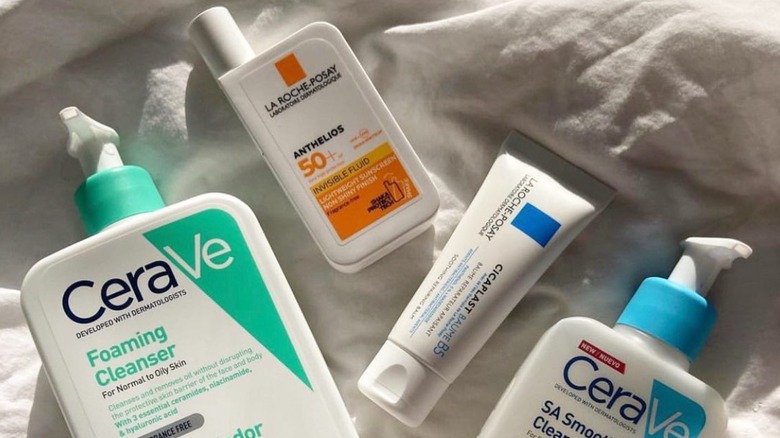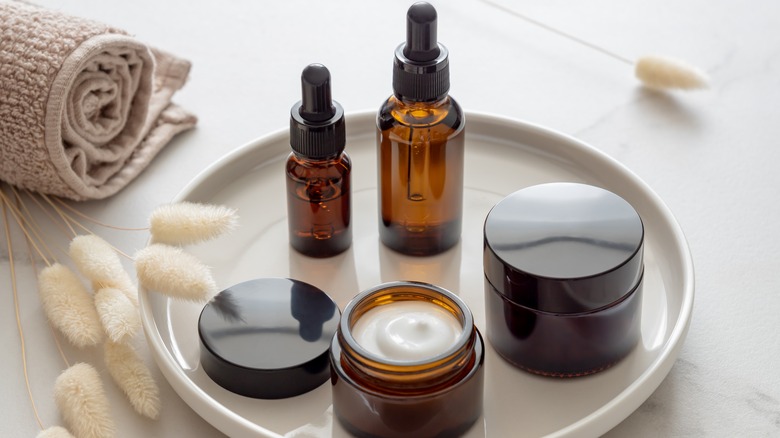Understanding Parabens In Skincare
Chances are, you've seen different organic products that tout themselves as paraben-free on their labels. In recent years, several brands have released products without parabens, which are now dime a dozen on the market. The rising demand for paraben-free products caused the beauty aisle, and particularly the skincare shelves, to be fully stocked with variations of these items.
The popularity of "clean" beauty products has surged, and has inspired new marketing tactics for a lot of brands. Parabens are without a doubt at the top of the list when it comes to commonly-found ingredients in cosmetics that are now painted in a not-so-good light.
Through the years, parabens have been involved in some health-related controversies, and are even possibly tangled with the big C (cancer). Some reports also suggest that they can cause hormone disruption. A big portion of consumers just aren't down to take that risk, which is totally understandable. It pays to be a conscious shopper when it comes to beauty products, but should you really be worried about parabens in your skincare products?
Parabens serve as preservatives in beauty products
According to dermatologist Dr. Ophelia Veraitch, parabens are used as preservatives. She told Elle, "Parabens are a group of preservatives that are widely used in topical pharmaceutical products. They are also used in cosmetics, skin care products, medications, foods, and industrially in oils, fats, shoe polishes, textiles and glues."
Parabens are commonly used as preservatives in a lot of cosmetic and personal care products, such as makeup, lotions, deodorants, shampoos, and a lot more. Companies started incorporating parabens into their products as early as the 1950s. Further studies suggest that the most commonly found parabens in cosmetic products are butylparaben, methylparaben and propylparaben.
These commonly-used parabens have been considered Generally Recognized as Safe (GRAS) by the FDA since the early '70s, so these parabens are not inherently bad for you. Even so, many people have taken issue with parabens in their products, and many companies have begun excluding them from their product formulations.
So, what's the problem with parabens?
Parabens do serve an important purpose that benefits both producers and consumers: They are a great ingredient for preserving the longevity of beauty products. However, research shows that parabens are also considered endocrine disrupting chemicals. This basically means that parabens can disrupt the normal functions of hormones in the body. The American Cancer Society reports that parabens can mimic the activity of estrogen, which could potentially affect the production of estrogen in the body. Not only can they impact the hormones in your body, studies show that parabens are present in breast tumors. However, more research needs to be done on whether parabens might be contributing to breast cancer cases.
There are a lot things you should know about parabens, but at this point, it is still heavily debated whether parabens are to be blamed for these health concerns. Still, it is worth noting again that the FDA has cleared parabens as safe, as there is not enough evidence to prove that parabens are harmful.


